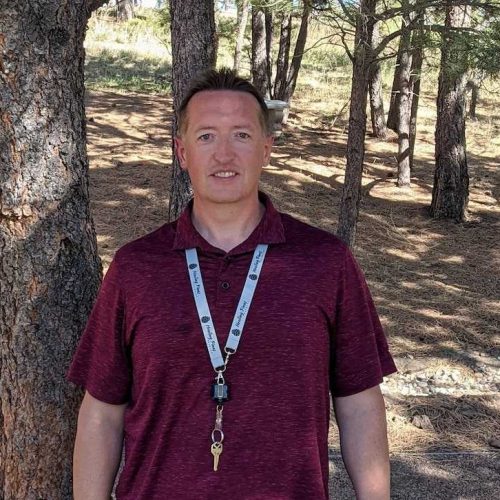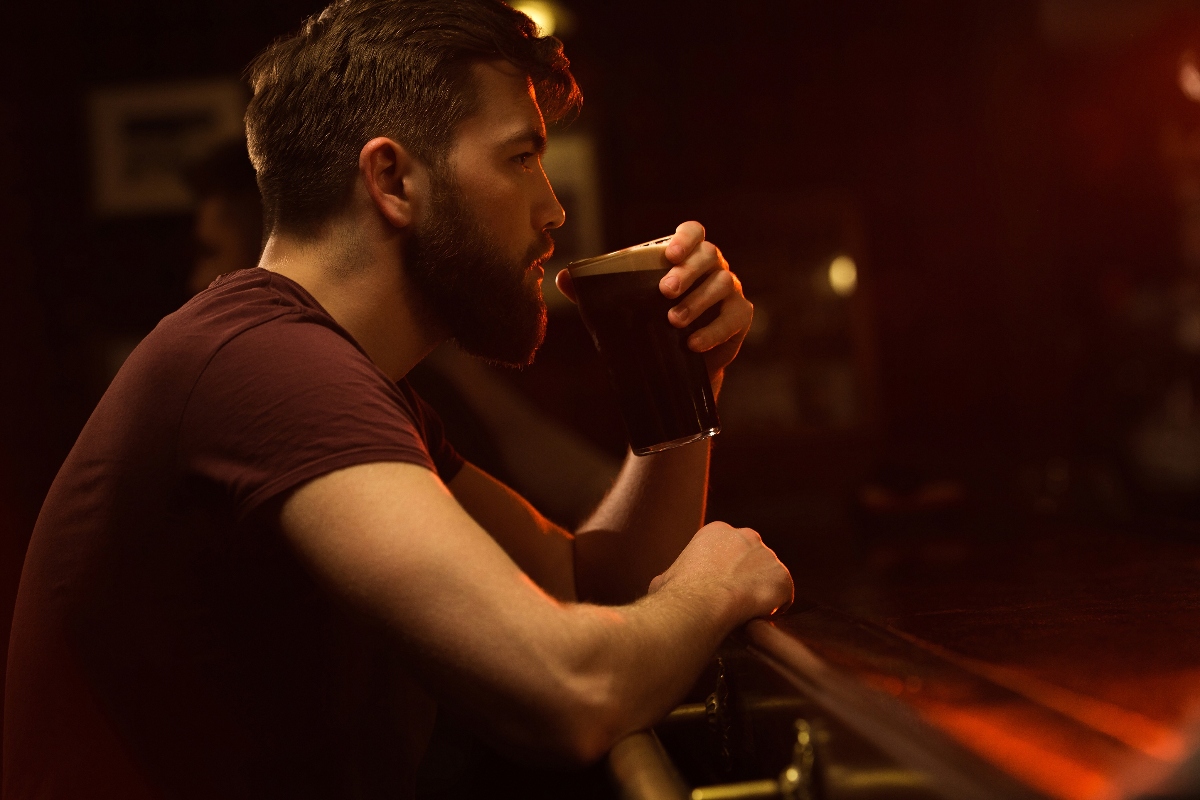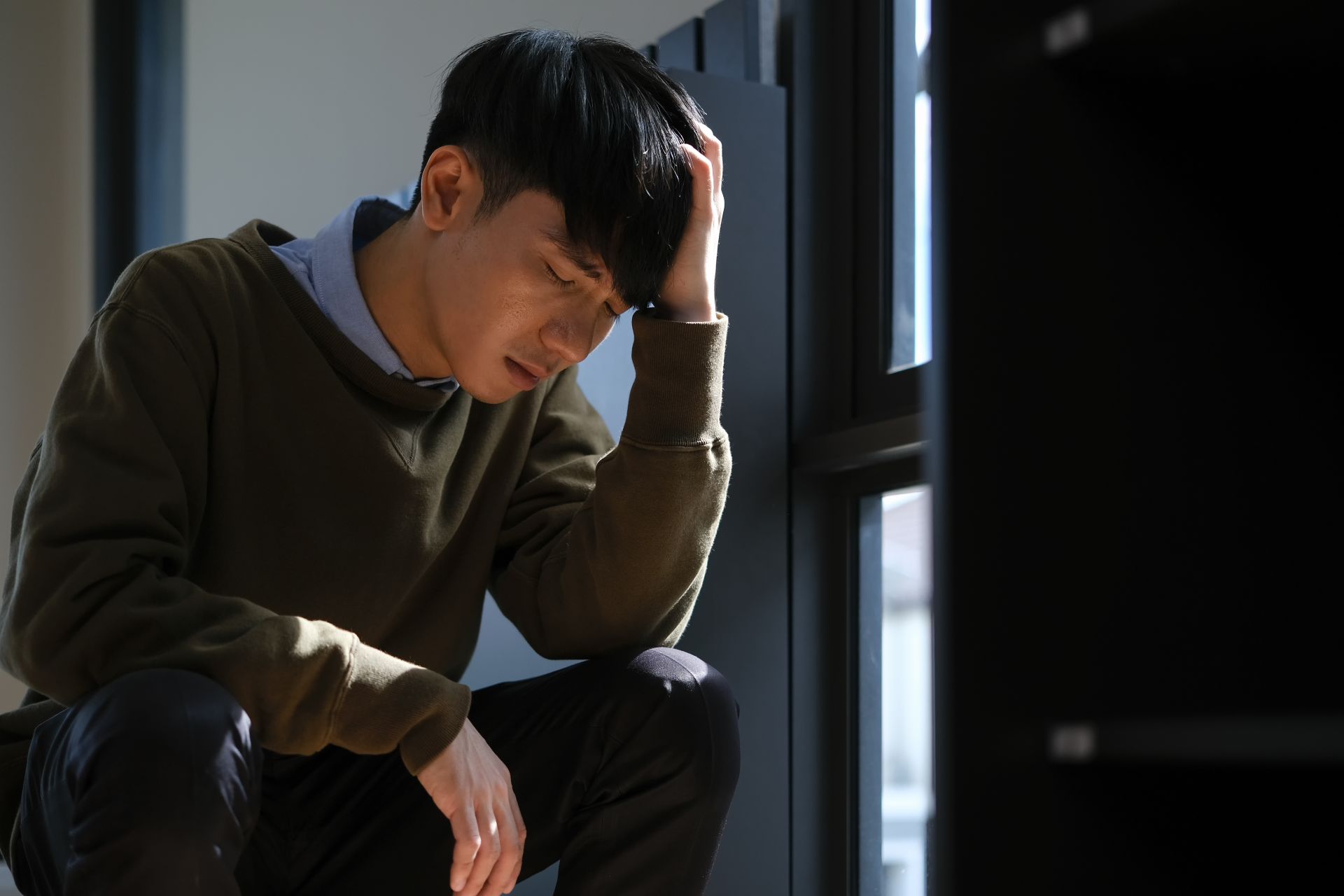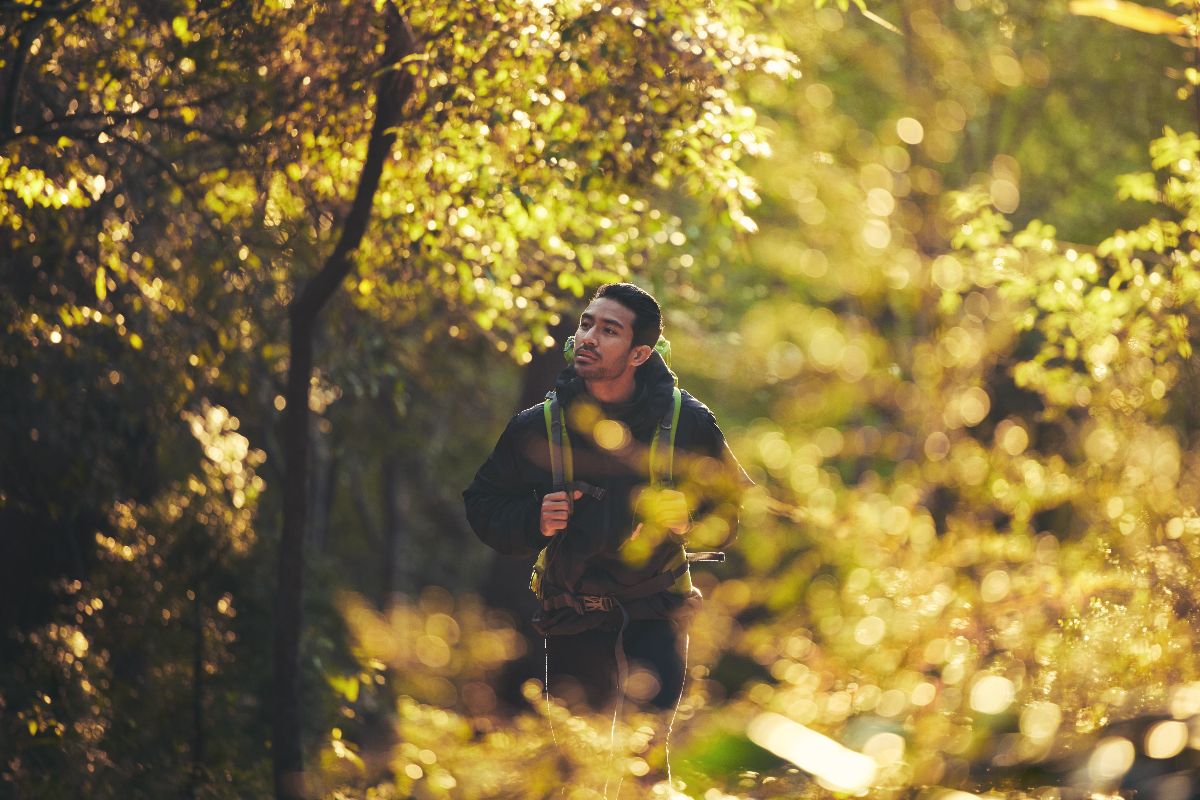Clinical Director
Michael is a Licensed Professional Counselor and has felt lead to be in this role since the age of 15. He is passionate about coaching and helping others becoming their very best. Michael grew up in Northern California and has lived in Colorado for close to a decade. He completed his undergraduate degree in Psychology at Liberty University and received his Maters in Counseling from Colorado Christian University. Michael has a heart for helping the addiction population and their families to find freedom and lasting recovery to positively affect people’s legacies. Michael has experience in individual, group, marriage, and family Counseling.
Michael uses CBT/DBT/Person Centered/Solution Focused and Emotionally Focused Therapies. He enjoys staying active and supporting Colorado Sports Teams (especially the Broncos), movies, Church, playing drums and spending time with his wife and children. Michael brings a non-judgmental and relaxed approach to Healing Pines clients and staff.











